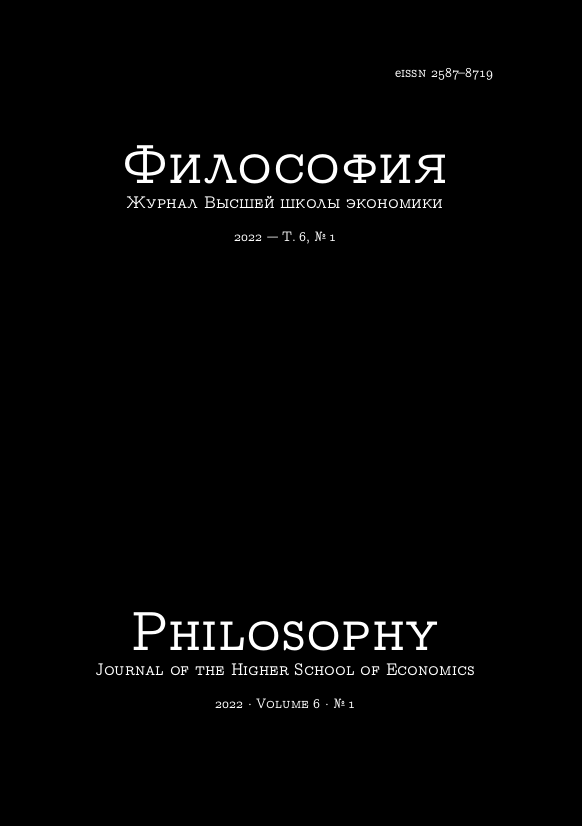How Does Martin Heidegger’s Concept of Truth Create a Better Understanding of Knowledge and Politics
Abstract
In this article, the author examines the concept of truth by M. Heidegger in light of social and epistemological issues. He believes that “truth as unconcealment” is a more productive approach than the theory of correspondence or coherence since it can capture a number of socio-humanitarian concepts where verification is complicated. The author believes that Heidegger’s existential-historical thought about the “essence of truth” receives a logical continuation in the “esoteric initiative” or “sygetics”, which — if it is explicated in relation to the social attitudes and imperatives of the thinker — means the strategy of minimizing the public sphere and returning to one’s own. With regard to the institutional (re)production of knowledge, this means a chance for philosophy and scientific research to start a new existence on the other side of academic, professional education, i.e. outside the modern university. Finally, Heidegger’s concept of truth questions the scientistic image of science and philosophy. It shows that genuine knowledge cannot totally depend on the requirement of rational reconstruction of propositions.
Downloads
Copyright (c) 2022 Philosophy. Journal of the Higher School of Economics

This work is licensed under a Creative Commons Attribution-NonCommercial 4.0 International License.






